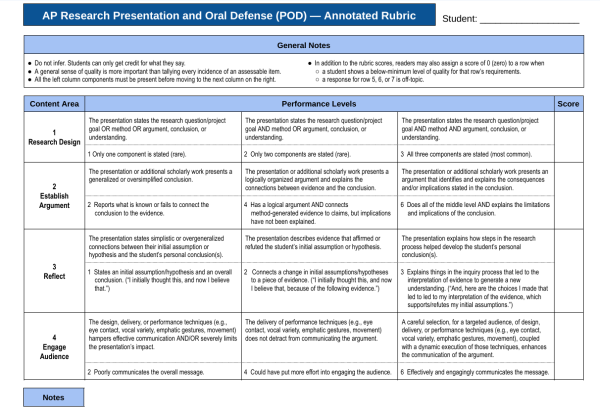New North Carolina Gay and Transgender Law
Recently, North Carolina Governor Pat McCrory signed a law that eliminates anti-discrimination protections for all lesbians, gays and bisexuals. The law created a mandatory statewide anti-discrimination policy, but it did not include specific protections based on sexual orientation or gender identity.
The bill passed the Republican-controlled General Assembly 82-26 in the House, and 32-0 in the Senate. The bill barrs transgender people from using bathrooms that do not match the gender they were born with.
Pam Burton, a local resident told reporters that: “I’m not scared of transgenders. That’s not what I think the problem is. Sexual predators are not good people,” Burton said. “They don’t do the right thing. They’re going to see this ordinance as a golden opportunity for fresh victims — our children. My 16-year-old daughter swims at The Y year-round. I’m not going to be able to confidently continue to allow her to use that locker room if this passes.”
Charlotte resident Lara Nazario, a trans woman, said critics of the measure have it backward, citing that it “is opposite to the reality that I live in”. Continuing, she added that: “If I were to walk into a men’s bathroom, I would either be told that I’m in the wrong bathroom or I’d be outed as a transgender woman. This can often lead to violence or harassment, especially when there’s no protection in place for people like me.”
The Obama administration is considering whether the law makes the state ineligible for billions of dollars in federal aid for schools, highways and housing, officials said Friday.
Cutting off any federal money or even simply threatening to do so would put major new pressure on North Carolina to repeal the law because a loss of federal money could send the state into a budget crisis and jeopardize services that are central to daily life.
Additionally, American Airlines, which employs 14,000 people in the state and has its second largest hub in Charlotte, along with other companies with operations in the state, including Apple, Dow Chemical, PayPal, Red Hat and Biogen, all issued statements critical of the new law.








